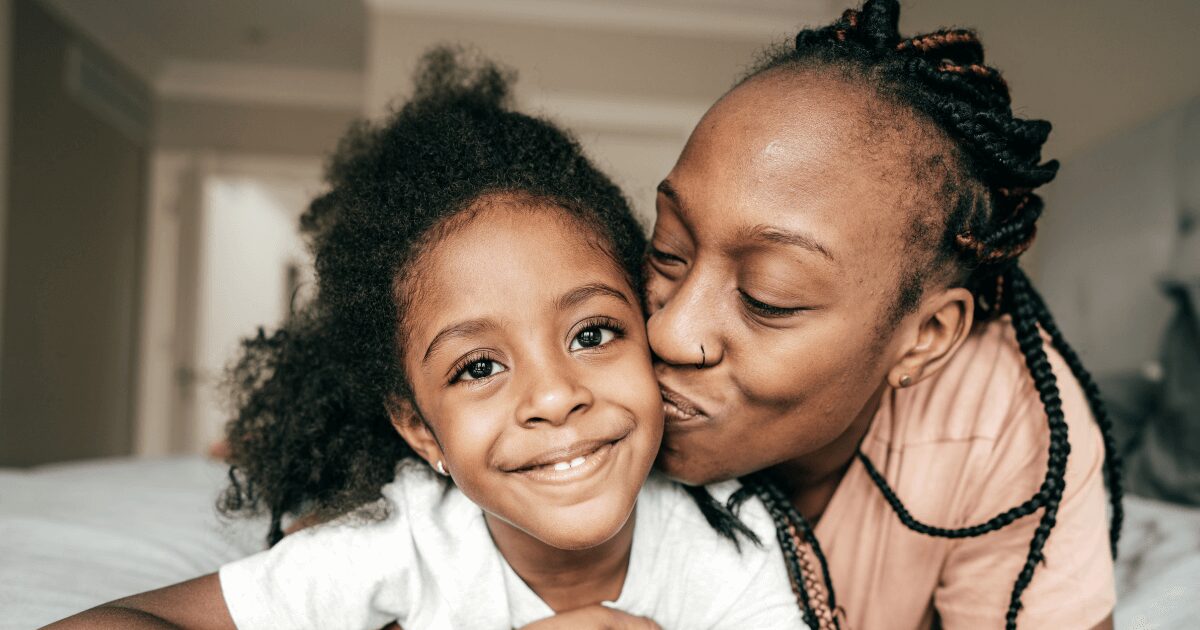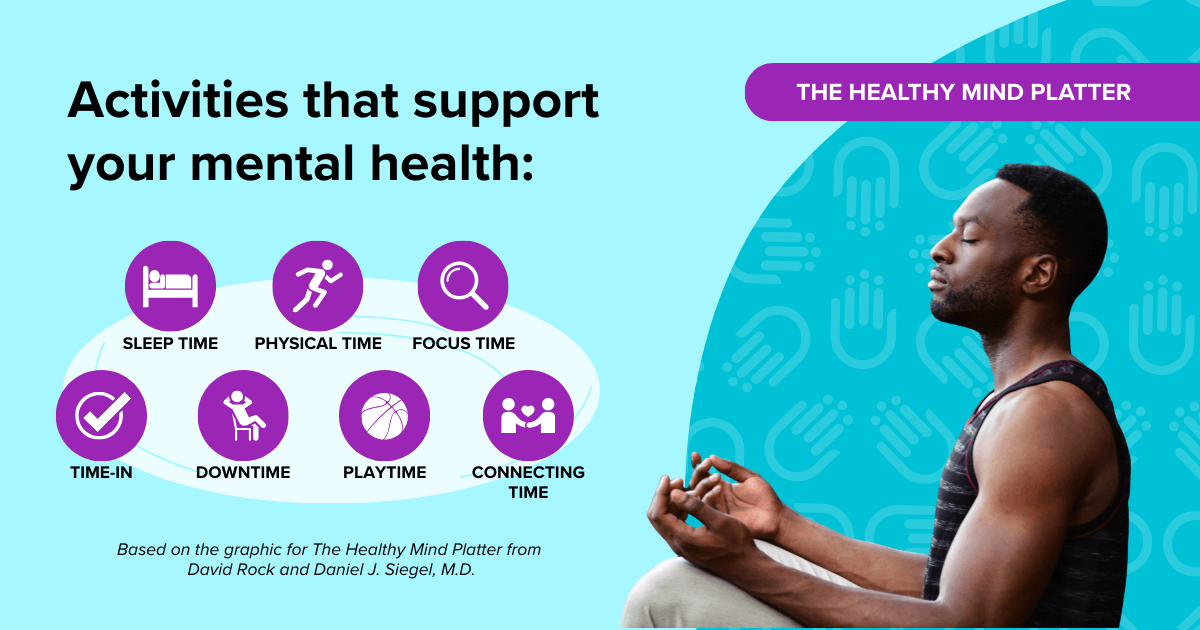Strengthening Parent-Child Relationships: 10 Tips from Therapists

As a parent or caregiver, you do everything you can to support your child’s well-being. But even when you’re doing your absolute best, it’s easy to wonder: Am I doing enough to build the kind of relationship that truly supports my child’s mental health? The good news is that small, intentional moments of connection have a lasting impact—and therapists have practical, research-backed tips to help you strengthen that bond.
We spoke with therapists Dana Barnaal, Outpatient Mental Health, and Rosemary Frazel, School Linked Mental Health, from The Family Partnership about the importance of parent-child bonding and what caregivers can do to strengthen their relationships with their children.


What Makes Parent-Child Relationships So Powerful?
The parent-child relationship lays the foundation of a child’s emotional, social, and cognitive development. When children feel connected to a trusted adult, they’re more likely to thrive.
Strong parent-child relationships help children:
- Build resilience against adversity
- Regulate emotions and behaviors
- Develop a secure sense of self and confidence
- Form healthy future relationships
As Rosemary explains, “Young children are deeply connected to their caregivers. That is why it’s important to focus on and strengthen that relationship.” Dana adds, “Children grow in the context of their relationships.”
10 Therapist-Recommended Tips to Strengthen the Parent-Child Relationship
Based on their expertise as therapists, Dana and Rosemary offer practical ways you can deepen your connection with your child.
1. Normalize Mistakes and Practice Repair
No parent is perfect—and that’s okay. Mistakes are a natural part of parenting. As Dana explains, “Mistakes are going to happen. The important piece is repair.”
For example, Rosemary suggests, “If you’ve made a mistake, apologize to your child. You’re teaching them that mistakes are part of life, and we can always try again.”
When you apologize after a moment of frustration, you show your child that relationships can be mended—and that they are loved, even when things don’t go perfectly.
2. Understand the Meaning Behind Your Child’s Behavior
“Children’s behavior has meaning,” says Rosemary. Slowing down to reflect on what’s underneath the behavior can help build empathy and connection. For example, you may become frustrated with a child who is clingy and having difficulty separating from you during preschool drop-off.
Your first reaction might be to feel embarrassed or frustrated—but if you pause to reflect, you might recognize that their big emotions are a sign of anxiety about separation or a change in routine.
Instead of sneaking out or rushing out the door, you might offer a reassuring hug and affirm, “It’s hard to say goodbye sometimes, but I’ll be back after snack time—just like always.” That calm and connected response helps your child feel safe—and it teaches them how to handle tough feelings over time.
3. Help Your Child Name and Manage Big Feelings
Dana says, “It is important to help children name hard feelings and reassure them that they can handle them.” That does not mean that the child has to handle them alone, however. Dana adds, “We want children to know that their caregiver is there to help them.”
Dana’s advice is in line with recommendations from Zero to Three: Emotions can be overwhelming for children and naming them normalizes them. Helping your child identify and name their emotions is also essential to a child’s social and emotional development.
For example, if your child sits down on the floor and yells “No!” when you ask them to clean up their toys, you can respond by saying, “You don’t want to clean up because you were having fun—it’s hard to stop when you’re not ready.” By calmly naming the feeling and showing you understand, you help your child feel heard while also guiding them toward emotional regulation.
4. Make Time for One-on-One Connection
Dana says, “You don’t need to have a whole day. Just a little time in the morning or evening.” She suggests that just a few focused minutes can make a big difference. This might be 15 minutes in the morning, 15 minutes after school, and 15 minutes in the evening.
You can read a book together, color, or even have them help match socks while you are folding laundry. Rosemary adds, “If you give your child some undivided attention, you will find that you can then back off and they’ll feel ready to play on their own.” This is because the child’s need for closeness and security has been met, and they feel confident in exploring their environment on their own.
5. Celebrate What Makes Your Child Unique
Kids develop a stronger sense of self when caregivers reflect back to them what makes them unique. “Instead of just saying ‘Good job,’ point out something specific,” says Rosemary. “Like, ‘You worked hard on that puzzle. You didn’t give up.’” This boosts a child’s confidence and self-awareness. Rosemary adds, “See your child, notice their capacity, and say it out loud.”
6. Let Your Child Make Choices
Find times when you can let your child have choice, control, and power in a situation. Oftentimes, parents and caregivers tell children what to do all day and that structure is important. However, even small choices help kids feel respected and build decision-making skills.
“Even something like choosing what color they want to wear or choosing between a couple items for dinner helps them feel empowered,” says Dana. This supports autonomy and builds confidence.
7. Reframe “No” as Growth
Rosemary suggests that parents and caregivers celebrate “No!” rather than seeing it as a power struggle. A child’s repeated use of the word is powerful because they are beginning to recognize themself as an individual and asserting themself. It is an important part of child development.
One way to do this would be to pause and take a couple of deep breaths to calm yourself. Then, you could reframe a command as a choice like, “Do you want to clean up by yourself or do you want us to clean up together?”
8. Support Unstructured Play
“Play is how children process the world,” says Dana. It’s also how they learn. Harvard Center on the Developing Child states that play supports executive function and social-emotional development. “Play is how young children learn and heal,” says Rosemary, “Play is a balm.” Also, play provides opportunities for connection between children and their parents and caregivers.
For example, when you are present in the room while your child plays, say aloud what you notice about their play. If the child invites you to join by giving you one of their dolls, for example, you could follow their lead.
9. Offer Reassurance During Tough Times
Children often blame themselves when conflict arises or something goes wrong. Rosemary urges parents to consider this and turn down the intensity of their reactions to when children act out. This might mean taking deep breaths to calm yourself or stepping away if it is safe to do so.
Also, during especially tough situations like divorce or stress at home, Rosemary suggests parents let their children know, “You didn’t do anything wrong. This is a grown-up problem.”
10. Take Care of Yourself, Too
“The biggest predictor of a child’s mental health is the mental health of their caregiver,” Dana says. Self-care isn’t selfish—it’s necessary.
Rosemary uses the Healthy Mind Platter to help parents and caregivers understand their needs and how to balance those with responsibilities. The Healthy Mind Platter offers several types of activities that support your mental health:
- Focus time
- Play time
- Connecting time
- Physical time
- Time in
- Downtime
- Sleep time

If don’t have time for these, try to change your schedule, set boundaries, and/or find support.
Both Dana and Rosemary emphasize the need for parents to seek support.
Some of those options might be:
- Find an Early Childhood Family Education program
- Reach out to a social worker at your child’s school
- Seek support through religious organizations
- Turn to trusted individuals and support people
- Search for local parenting groups and/or online communities
- Find a therapist at TFP or through Psychology Today’s directory
Rosemary also says, “If you’re parenting alone, show yourself a lot of grace and kindness.” Parenting is very difficult to do without support, so, connect with the supportive people in your life or find other sources of support.
A Two-Generation Approach to Family Healing
At The Family Partnership, therapists like Dana and Rosemary use a two-generation (2Gen) approach—helping parents and children heal together. If a child is struggling, often the best first step is offering support to the parent as well.
“When we give parents the tools to reflect and repair,” says Rosemary, “they create stronger bonds and more stability for their children.”
Want to help support Minneapolis parents and caregivers?
Consider a donation to The Family Partnership’s Rise and Shine Campaign. By midnight on 5/11, Mother’s Day, your gift will help provide essential support for mothers and other caregivers through The Family Partnership’s 2gen programs.
